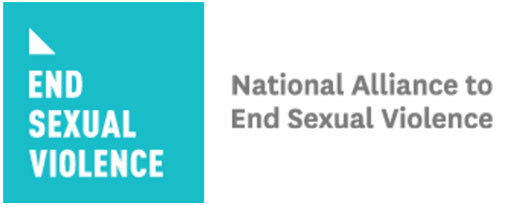VAWA 2013 includes historic public housing protections for victims of sexual assault. Building on housing protections for victims of domestic violence, dating violence, and stalking in VAWA 2005, VAWA 2013 added new protections and specifically adds victims of sexual assault and “affiliated individuals to the victim” as protected groups. These housing protections are available to victims of sexual assault now. HUD will also issue regulations governing some aspects of VAWA 2013, but advocates do not have to wait to help victims assert their rights.
VAWA 2013 states that a victim of sexual assault who is a tenant in public housing may not be denied admission to, denied assistance under, terminated from participation in, or evicted from the housing on the basis of sexual assault victimization. The following programs are included:
HUD Programs:
• Public Housing
• Section 8 vouchers
• Project-based Section 8
• Supportive Housing for the Elderly
• Supportive Housing for People with Disabilities
• Multifamily rental housing
• BMIR (Below Market Interest Rate)
• HOME
• Housing Opportunities for People with AIDS
• McKinney-Vento (Homelessness Programs)
Department of Agriculture:
• Rural Development (RD) Multifamily
Department of Treasury/IRS:
• Low-Income Housing Tax Credit (LIHTC)
Emergency Transfer Assistance: Under VAWA 2013, HUD is required to adopt a model emergency transfer plan for use by Public Housing Agencies (PHAs), owners, managers, or other providers participating in covered programs. The plan must allow tenants who are victims of domestic violence, dating violence, sexual assault, and/or stalking to transfer to another available unit under a covered housing program if they have a reasonable fear of imminent harm from further violence. Victims of sexual assault, in addition to being able to qualify based on a reasonable belief of imminent harm, must also be allowed to transfer to another available unit if the sexual assault occurred within the past 90 days on the premises. HUD is also required to establish policies and procedures under which victims may receive tenant protection vouchers.
The scarcity of public housing could present challenges for victims in receiving transfer assistance, and victim advocacy will be needed.
Lease bifurcation. If a tenant is evicted because he/she is the perpetrator of violence, the remaining tenant can stay if she/he is eligible or must be given adequate time to establish eligibility.
Landlords are required to give notice to victims of their VAWA rights when they are denied housing, when they are admitted to public housing, and/or when they are notified of eviction or termination.
Landlords are free to take tenants at their word that they are victims. Landlords, although they might ask for it, cannot generally require third-party documentation of the sexual assault such as a police report. HUD has developed a self-certification form that has not yet been updated to include changes in VAWA 2013. However, HUD forms can still be used to assert the rights of victims of sexual assault. VAWA also requires that the victim’s confidentiality be protected.
States may provide housing protections for victims of sexual assault beyond those available in VAWA. Here is a chart from Legal Momentum that describes state laws.
PHAs administer public housing as well as vouchers (Section 8) at the local level. Building a strong relationship with the PHA can be an important place for advocates to start. Find your PHA at this link. HAVE QUESTIONS? info@endsexualviolence.org


